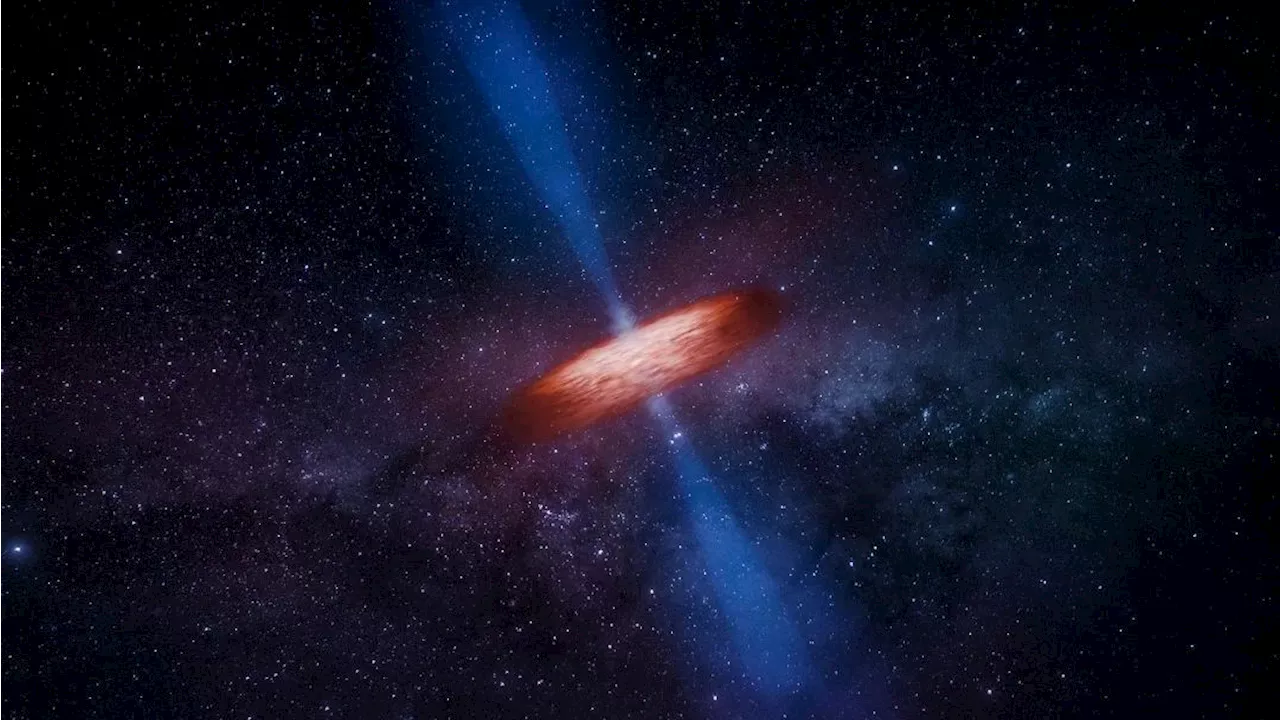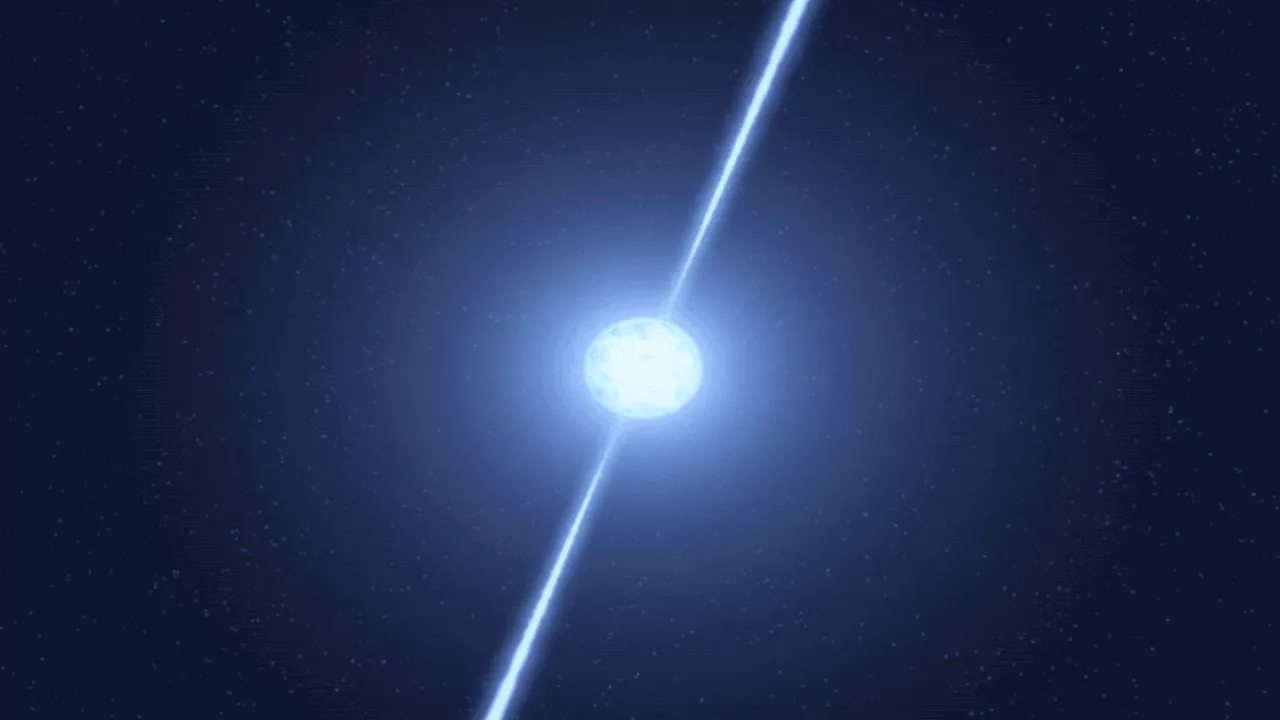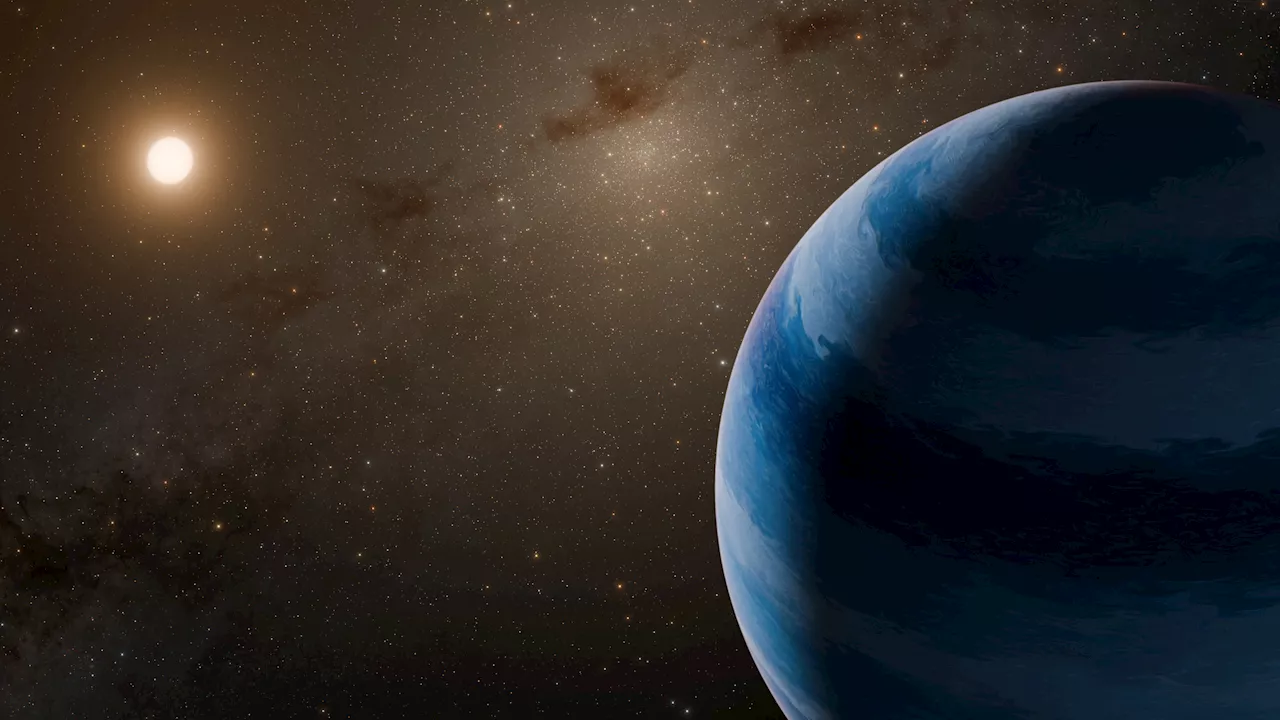Scientists believe they have discovered a super-fast exoplanet system traveling at least 1.2 million miles per hour through the Milky Way galaxy. The system, if confirmed, would be the fastest-moving exoplanet system ever detected, nearly doubling the speed of our own solar system.
Astronomers have potentially discovered a super-fast stellar system hurtling through the Milky Way galaxy. This system, if confirmed, would set a new record for the fastest-moving exoplanet system, nearly doubling the speed of our own solar system. The system is estimated to be traveling at least 1.2 million miles per hour, or 540 kilometers per second. \The discovery stems from a team of scientists analyzing archived data from MOA (Microlensing Observations in Astrophysics).
This project uses the University of Canterbury Mount John Observatory in New Zealand to search for light signals that reveal the presence of exoplanets. Microlensing occurs when the gravity of a massive object, like a star, bends the light from a background star, making it appear brighter. \The data revealed a pair of celestial objects, with one estimated to be about 2,300 times heavier than the other. Scientists believe this heavier object is a low-mass star, possibly 20 percent the mass of our Sun, with the lighter object being a super-Neptune exoplanet, roughly 29 times heavier than Earth. This system is located about 24,000 light-years away, within the Milky Way's galactic bulge. The team calculated its high speed by comparing its location in 2011 and 2021. Traveling at such a high velocity through the dense gas of the galactic bulge could even create a bow shock, similar to the wake created by a ship moving through water. Further observations are needed to confirm the connection between the 2011 signal and the newly identified star, and to determine the exact nature of this remarkable system
EXOPLANETS STELLAR SYSTEMS MILKY WAY GALAXY MICROLENSING HYPERVELOCITY STARS
United States Latest News, United States Headlines
Similar News:You can also read news stories similar to this one that we have collected from other news sources.
 Astronomers Witness Fastest Disintegrating Planet Ever SeenUsing NASA's TESS telescope, astronomers have discovered a planet named BD+05 4868 Ab that is rapidly disintegrating due to bombardment from its star. The planet is losing a 'moon's worth' of matter every million years and is expected to vanish entirely soon. This discovery provides a unique opportunity to study the composition of planets orbiting other stars.
Astronomers Witness Fastest Disintegrating Planet Ever SeenUsing NASA's TESS telescope, astronomers have discovered a planet named BD+05 4868 Ab that is rapidly disintegrating due to bombardment from its star. The planet is losing a 'moon's worth' of matter every million years and is expected to vanish entirely soon. This discovery provides a unique opportunity to study the composition of planets orbiting other stars.
Read more »
 Astronomers Discover Fastest Jet Stream Ever Recorded on an ExoplanetAstronomers using the European Southern Observatory's Very Large Telescope have detected extremely powerful winds on WASP-127b, a giant exoplanet. These supersonic winds, reaching speeds up to 33,000 km/h, are the fastest jet stream ever measured on a planet, providing unique insights into the weather patterns of a distant world.
Astronomers Discover Fastest Jet Stream Ever Recorded on an ExoplanetAstronomers using the European Southern Observatory's Very Large Telescope have detected extremely powerful winds on WASP-127b, a giant exoplanet. These supersonic winds, reaching speeds up to 33,000 km/h, are the fastest jet stream ever measured on a planet, providing unique insights into the weather patterns of a distant world.
Read more »
 Astronomers Detect Fastest Planetary Winds Ever SeenScientists have discovered a supersonic jetstream on the exoplanet WASP-127b, with winds reaching an astonishing 20,500 mph (33,000 km/h). This discovery, made using data from the European Southern Observatory's Very Large Telescope, marks the fastest planetary gusts detected to date.
Astronomers Detect Fastest Planetary Winds Ever SeenScientists have discovered a supersonic jetstream on the exoplanet WASP-127b, with winds reaching an astonishing 20,500 mph (33,000 km/h). This discovery, made using data from the European Southern Observatory's Very Large Telescope, marks the fastest planetary gusts detected to date.
Read more »
 New N.J. steakhouse in 300-year-old building serves quality cuts, subpar sushiIt's a big revamp for a beloved neighborhood spot where you might spot Springsteen
New N.J. steakhouse in 300-year-old building serves quality cuts, subpar sushiIt's a big revamp for a beloved neighborhood spot where you might spot Springsteen
Read more »
 Astronomers investigate black hole jets with Event Horizon TelescopeJosh Dinner is Space.com's Content Manager. He is a writer and photographer with a passion for science and space exploration, and has been working the space beat since 2016.
Astronomers investigate black hole jets with Event Horizon TelescopeJosh Dinner is Space.com's Content Manager. He is a writer and photographer with a passion for science and space exploration, and has been working the space beat since 2016.
Read more »
 Sloth of the Skies: Astronomers Discover the Slowest Spinning PulsarScientists at the University of Sydney have identified a new type of neutron star that rotates incredibly slowly, taking 6.45 hours to complete one rotation. This discovery challenges conventional understanding of pulsars, which are typically known for their rapid spinning. ASKAP J1839-075, as this peculiar neutron star is called, emits radio waves at a pace never before observed, potentially rewriting our knowledge about stars.
Sloth of the Skies: Astronomers Discover the Slowest Spinning PulsarScientists at the University of Sydney have identified a new type of neutron star that rotates incredibly slowly, taking 6.45 hours to complete one rotation. This discovery challenges conventional understanding of pulsars, which are typically known for their rapid spinning. ASKAP J1839-075, as this peculiar neutron star is called, emits radio waves at a pace never before observed, potentially rewriting our knowledge about stars.
Read more »
